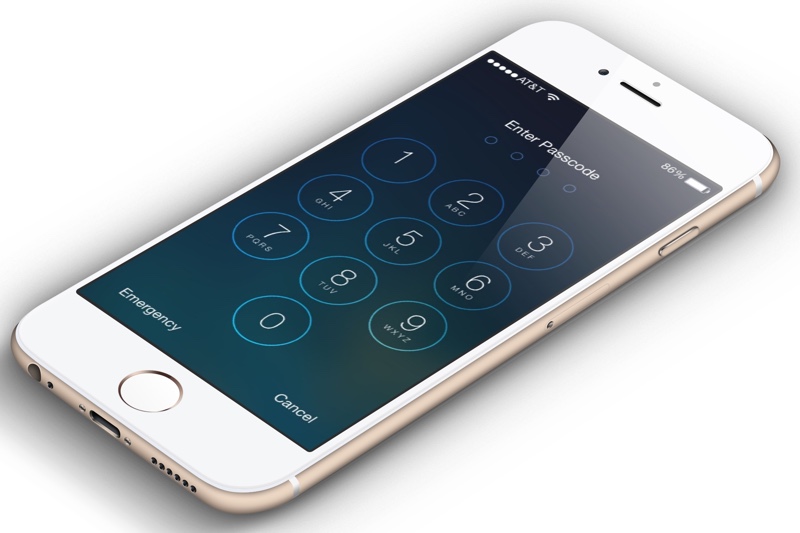Forcing a suspect to unlock their smartphone is not a violation of their Fifth Amendment right, New Jersey’s Supreme Court ruled today. Marking another court’s viewpoint in the ongoing debate on whether an arrested individual can be compelled to unlock their iPhone via either a passcode or using biometrics.
The ruling is just the latest in a long list that has been split on the issue, with some ruling a suspect cannot be forced to unlock their device, while others have said it’s okay to do so. Most of the cases have focused on forcing an individual to use biometric methods, such as Touch ID or Face ID. However, the New Jersey case focused on forcing a suspect to provide their passcode.
The ruling requires Robert Andrews, the former officer, to turn over passcodes from two phones to investigators. Andrews is charged with multiple counts of official misconduct, hindering apprehension and obstruction for allegedly tipping off an alleged drug dealer, Quincy Lowery, that he was the target of a narcotics investigation before his arrest in 2015.
Andrews argued that requiring him to provide a passcode would be a violation of his Fifth Amendment rights against self-incrimination. However, the court rejected that argument, saying it only applies when the accused is “compelled to make a testimonial communication that is incriminating.”
The Fifth Amendment does not protect a suspect from producing documents to be used as evidence. In this case, the court considered the content on the iPhone (texts and phone call content) to be documents.
The court split on the decision 4 to 3. The decision upheld earlier rulings by lower courts.
Justice Lee A. Solomon, writing for the majority, said that “the issue is one of surrender, not testimony, and that the foregone conclusion exemption to the Fifth Amendment thus applies.” The state knew of the text messages and had a right to them, he said.
“This was no fishing expedition,” Solomon wrote. The justice said the passcode itself had “minimal” value as evidence; it merely indicates ownership of the cellphone and the information that is stored on it. The passcode isn’t even a clue that a crime has been committed, Solomon said in his ruling.
This ruling could have an impact on future court rulings that involve locked devices, and the back and forth rulings on the subject will likely continue until the U.S. Supreme Court eventually makes a ruling.


